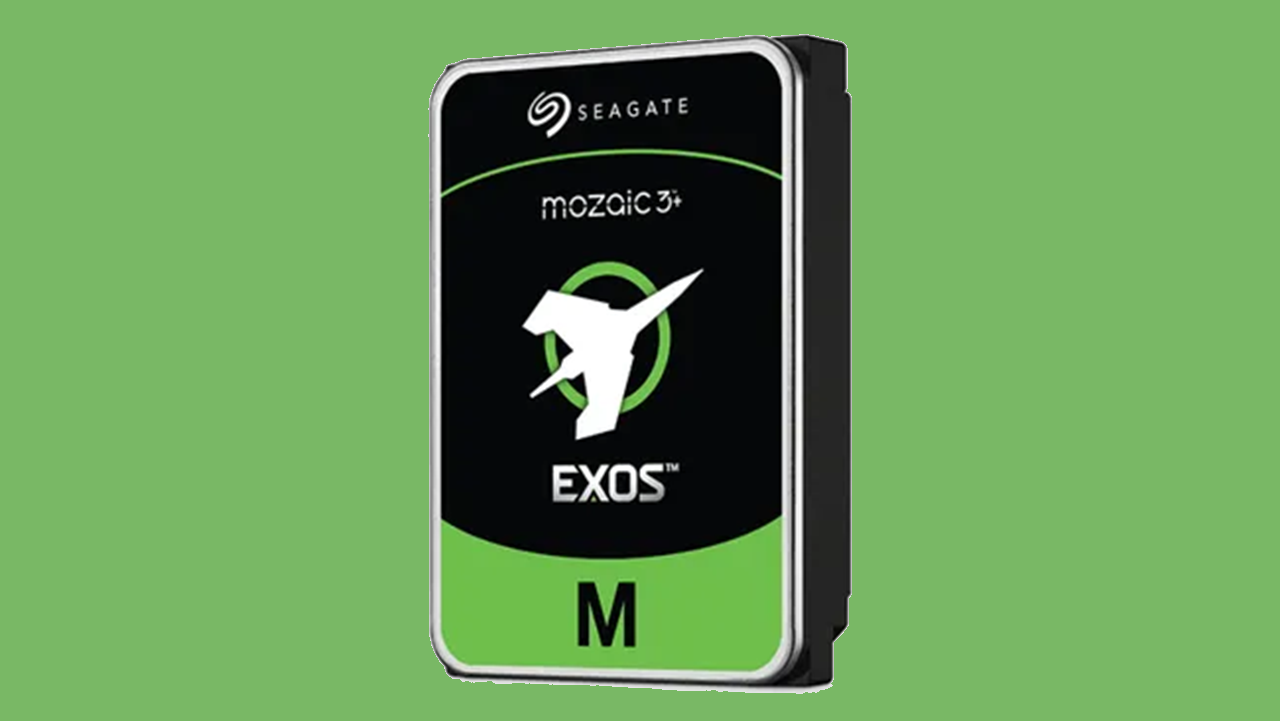
A Heise investigation of used Seagate data center-grade hard drives that are being sold as new has suggested that the drives originated from Chinese cryptocurrency mining farms that used them to mine Chia several years ago. Notably, this finding does not disprove Seagate’s assertion that the fraudulent HDDs were obtained from channels that did not buy from official distributors.
The investigation suggests the used HDDs originated in China, likely from cryptocurrency mining farms that previously mined Chia. During Chia’s peak, HDD demand surged, leading to shortages and price hikes. However, the economic payoff for Chia mining declined over time, leading to many farms shutting down and flooding the market with second-hand drives.
According to the report, these drives — many with 15,000 to 50,000 hours of prior use — had their internal records altered to appear unused. Seagate denies involvement; it has launched an investigation and now offers a tool to determine whether HDDs are shiny new or used (more on that later).
Over 200 reports of affected HDDs have surfaced worldwide, including cases in Europe, Australia, Thailand, and Japan. The fraudulent sales were first reported in January when it was discovered that supposedly new Seagate Exos datacenter-grade HDDs had been used for thousands of hours.
The HDDs’ SMART parameters track drive usage, but those parameters were reset to conceal the actual wear. However, a deeper analysis using a query of the FARM (field-accessible reliability metrics) values reveals the true operational history of the drive, thus revealing if they have been used.
The affected retailers have responded differently to the scandal. Alternate claims neither the store nor its German suppliers knew the drives were not new, but it suggests customers contact the store if they discover their ‘new’ drives have been used. Galaxus has set up an online help page, while Proshop allows free returns and replacements. Some sellers state that warranty laws apply, while Wortmann has insisted on checking the HDDs before offering compensation.
Seagate has distanced itself from the issue, insisting it only distributes genuine new drives. It announced a full-scale investigation and has urged affected buyers to report fraud cases directly via fraud@seagate.com. The company believes the used drives were resold as new somewhere in the secondary market before reaching customers.
Buyers concerned about their purchases can verify the true HDD usage history. SMART parameters are sometimes unreliable, but the true operational time can be checked using FARM values. To do this, one has to use the Smartmontools application version 7.4 or higher (via command: smartctl -l farm /dev/sda) or Seagate’s Seatools software.






